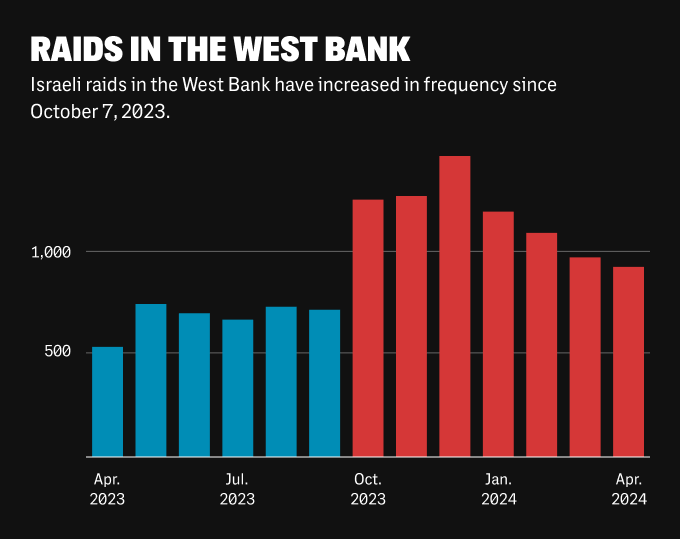 Spending on the federal budget is projected to be higher than previously anticipated, according to a report from the Congressional Budget Office (CBO). The deficit for the first eight months of 2024 reached $1.2 trillion, an increase of $38 billion compared to the previous year. This has raised concerns among economic analysts who warn that the current borrowing trend is unsustainable.
Spending on the federal budget is projected to be higher than previously anticipated, according to a report from the Congressional Budget Office (CBO). The deficit for the first eight months of 2024 reached $1.2 trillion, an increase of $38 billion compared to the previous year. This has raised concerns among economic analysts who warn that the current borrowing trend is unsustainable.
The CBO report revealed that revenues were over 10 percent higher at $294 billion, while spending increased by 8 percent to $332 billion during the same period from October to May in 2023. There are several factors contributing to this increase in the budget deficit. First, spending is predicted to surpass initial expectations. Additionally, there are additional costs associated with international aid and student loan forgiveness, which the Biden administration has pledged to carry out.
Congress has approved significant amounts of foreign aid, including $113 billion for Ukraine since 2022 and a $95 billion foreign aid package in April. Furthermore, the Biden administration plans to forgive $147 billion in federal student loan debt through their “Plan B” initiative.
Maya MacGuineas, president of the Committee for a Responsible Federal Budget (CRFB), expressed concern about the increasing deficit. She stated that lawmakers should feel pressure to bring down borrowing and address the fiscal situation before it spirals out of control. MacGuineas emphasized the urgency by highlighting that the United States has borrowed $1.2 trillion in just four months, an average of $4.9 billion per day.
The CBO report also highlighted an 8 percent increase in spending, totaling $332 billion more than in 2023. This includes increases in Social Security, Medicare, and Department of Defense (DoD) budgets. In May 2024 alone, the federal deficit reached $348 billion, $108 billion higher than in May 2023. The rolling deficit has now reached $2.1 trillion, accounting for 6.2 percent of the Gross Domestic Product (GDP).
This growing deficit has raised concerns from various experts. JPMorgan CEO Jamie Dimon warned in April that the U.S. economy is heading for trouble if the current path continues. The International Monetary Fund (IMF) echoed this sentiment and expressed concern about the fiscal stance, which they believe is out of line with long-term sustainability.
MacGuineas emphasized that if the trajectory is not changed, financial problems will only worsen. She highlighted that the national debt is just four years away from reaching a record share of the economy, with interest costs projected to surpass the defense budget this year. The Social Security retirement trust fund is also facing insolvency in less than a decade, with Medicare not far behind. MacGuineas called for an end to borrowing and urged Congress to collaborate on reducing the deficit.
In conclusion, the federal budget deficit has reached alarming levels, with spending projected to exceed initial estimates. The increase in borrowing has raised concerns among economic analysts who warn that this trend is unsustainable. Various factors, such as international aid and student loan forgiveness, contribute to the growing deficit. Experts emphasize the urgency of addressing the fiscal situation before it worsens, as it poses significant risks to the economy and threatens programs like Social Security and Medicare. Collaborative efforts and an end to borrowing are necessary to correct the fiscal path and ensure a sustainable future.


